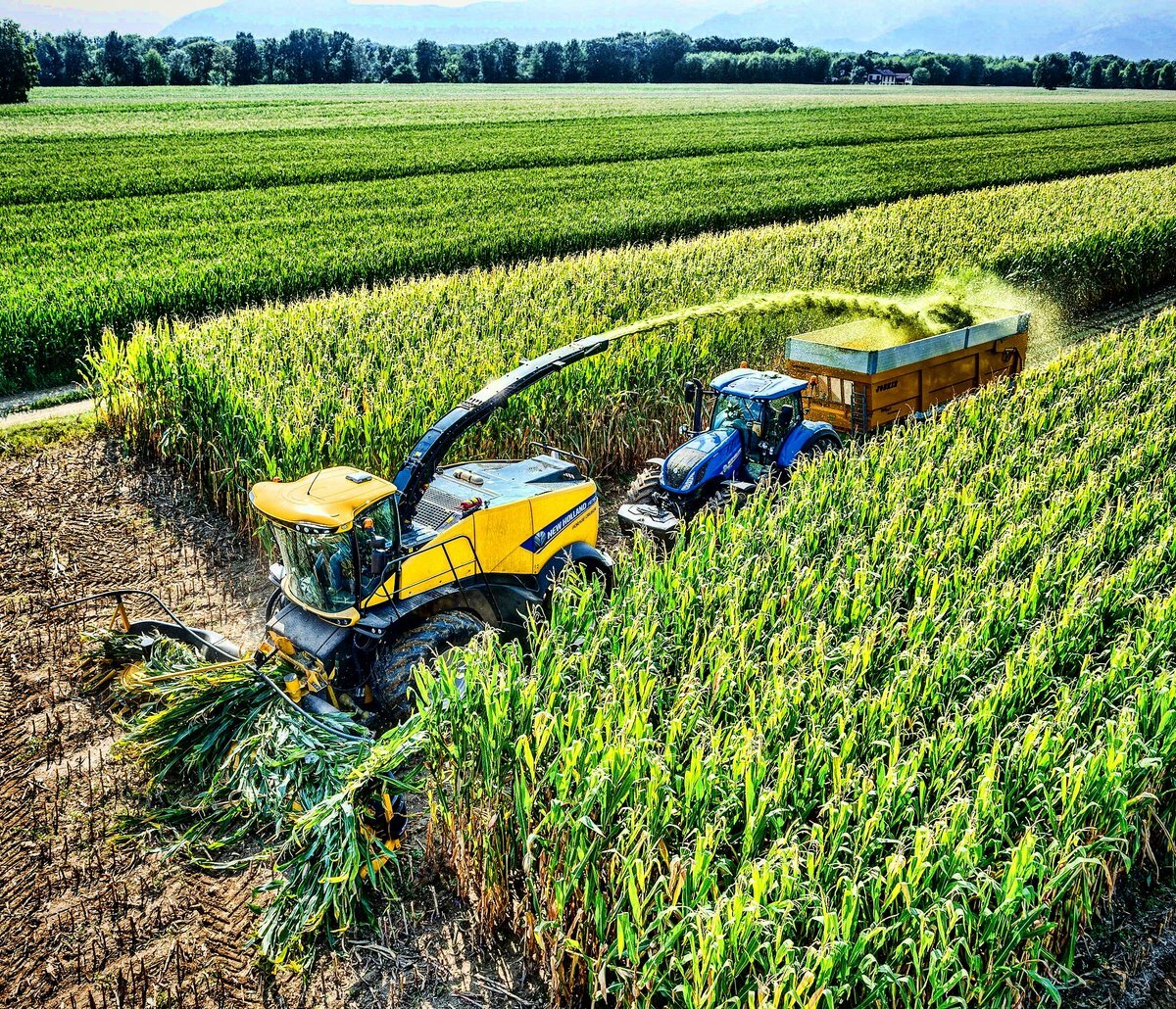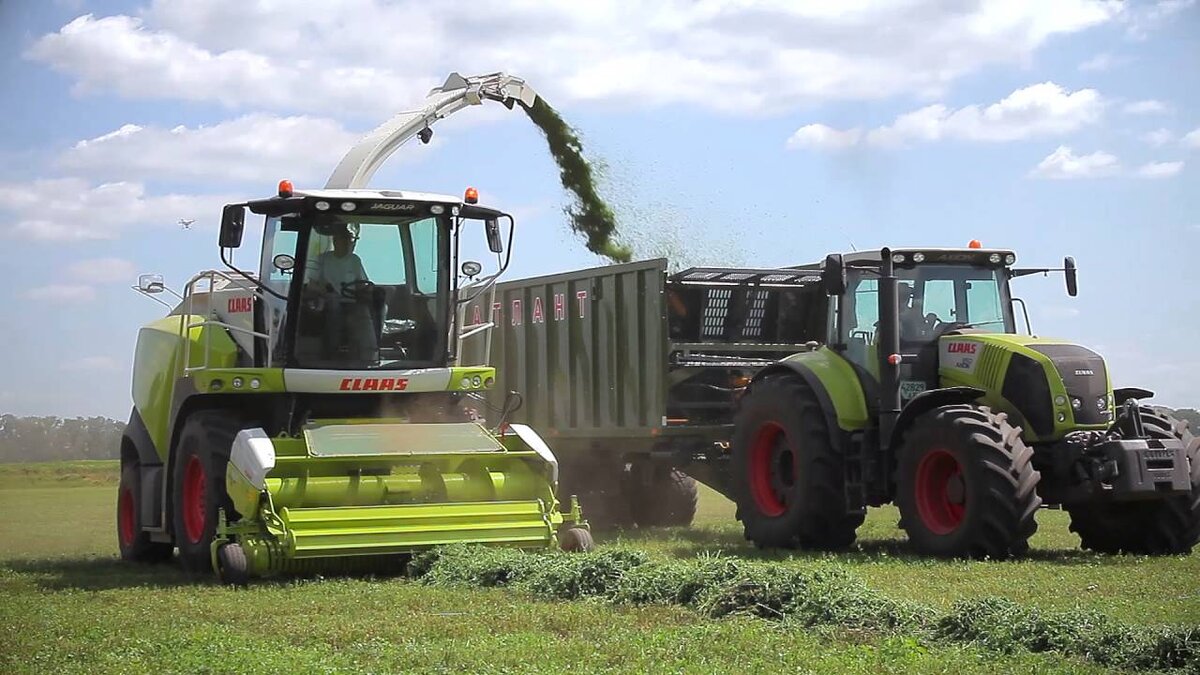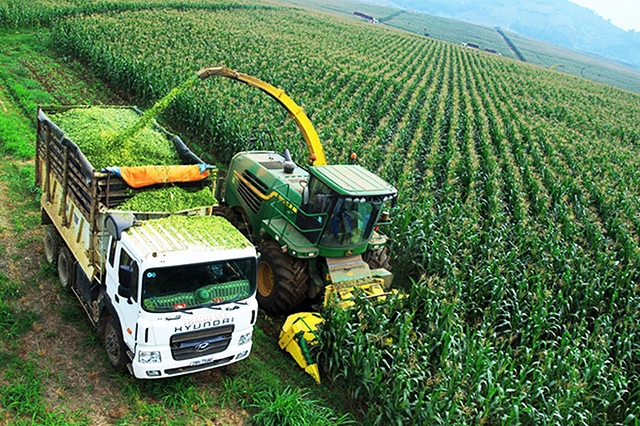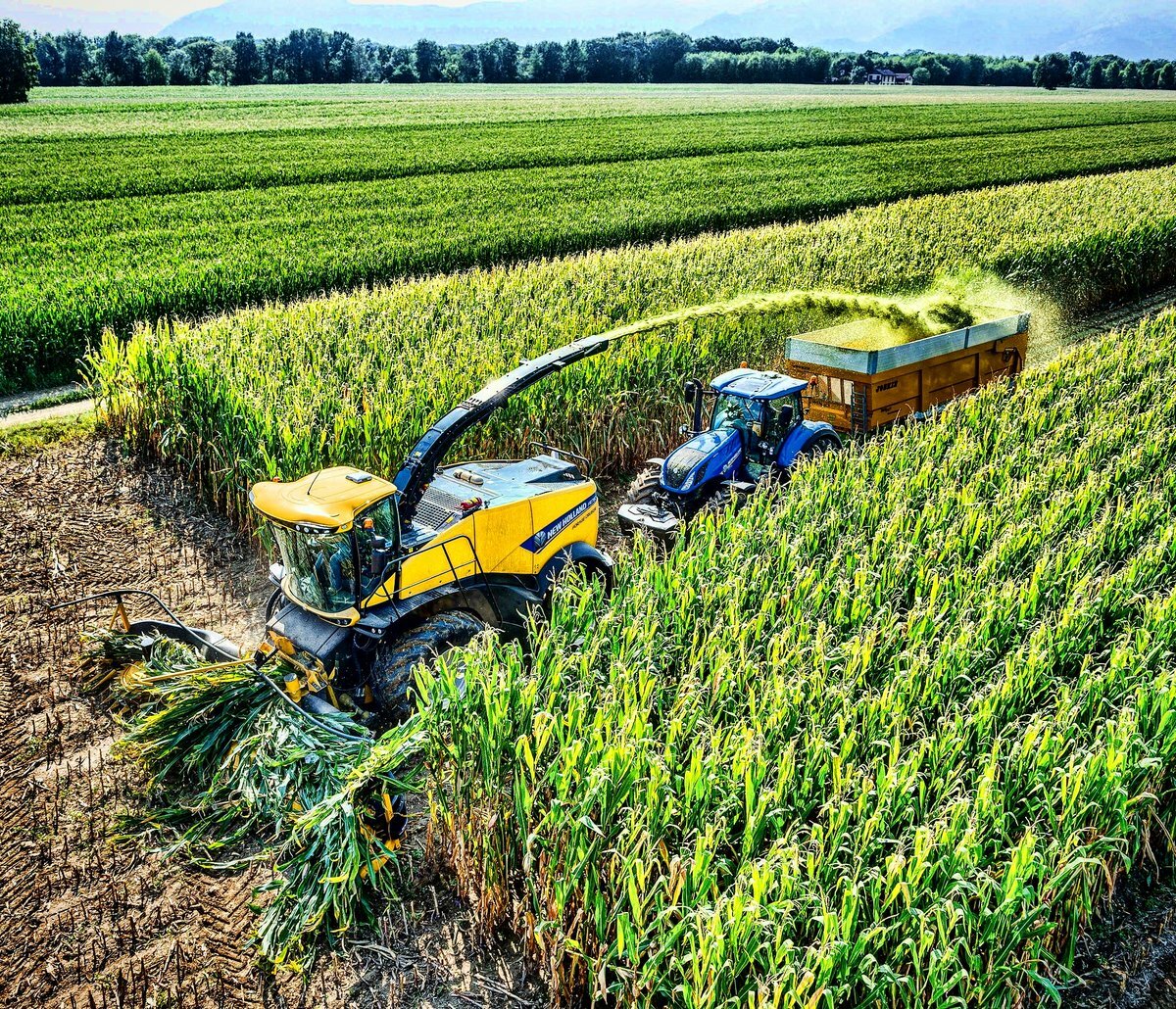In an era where environmental consciousness is paramount, the agricultural landscape is witnessing a significant shift towards sustainability. This paradigm shift is exemplified by the growing interest in organic farming. This article delves into the intricacies of crafting effective strategies for sustainable agriculture, with a particular focus on the principles and practices of organic farming.

Understanding the fundamental principles of organic farming is crucial for building a sustainable agricultural strategy. Explore the core tenets, such as soil health, biodiversity, and natural resource conservation, that distinguish organic farming from conventional methods.

At the heart of organic agriculture lies a profound commitment to nurturing soil health. Uncover the strategies employed in organic farming to enhance soil fertility, minimize erosion, and promote a thriving ecosystem within the soil. From composting to cover cropping, each technique plays a pivotal role in sustainable soil management.

Explore the significance of biodiversity in organic farming and how it contributes to resilient and sustainable agricultural ecosystems. Discover methods to encourage natural predators, companion planting, and habitat preservation, fostering a harmonious coexistence between crops and the surrounding environment.
Dive into the world of crop rotation and polyculture, essential components of organic farming. Understand how these practices not only mitigate the risk of pests and diseases but also enhance soil structure and nutrient availability. Real-life examples and case studies showcase the success of these strategies.
Water is a precious resource, and organic farming emphasizes efficient water management. Explore innovative techniques such as rainwater harvesting, drip irrigation, and water-efficient crop choices that contribute to sustainable water usage in agriculture.
Organic agriculture relies on Integrated Pest Management as an alternative to chemical pesticides. Uncover the principles of IPM, including the use of beneficial insects, natural predators, and crop diversification, to control pests while maintaining ecological balance.
For organic farming to thrive, farmers need access to markets that appreciate and reward sustainable practices. Delve into the importance of organic certification, its impact on marketability, and the challenges farmers may face in the certification process.
Explore how technology is contributing to the evolution of organic farming. From precision agriculture to blockchain applications for supply chain transparency, discover the tools that are revolutionizing sustainable agriculture practices.
As we navigate the complexities of crafting strategies for sustainable agriculture, it becomes evident that organic farming stands at the forefront of this agricultural revolution. The commitment to environmental stewardship, soil health, and biodiversity conservation defines the essence of organic practices. By embracing these principles and leveraging innovative technologies, farmers can not only build resilient and sustainable agricultural systems but also contribute to a healthier planet. The organic revolution is not just a strategy; it’s a commitment to a more sustainable and regenerative future for agriculture.



